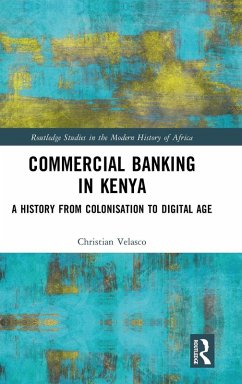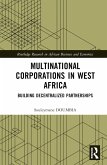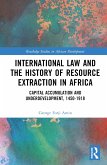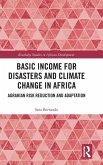This book investigates the impact of commercial banks in Kenya right through from their origins, to their role during the colonial period, the process of adaptation following independence, and up to their responses to new challenges and economic policies in the twenty-first century. The British colonisation of East Africa required the development of diverse political, social and economic institutions to advance and exercise control over the territories and their populations. Multinational commercial banks were among the first institutions, with the National Bank of India, Standard Bank of South Africa and Barclays Bank DCO all setting up business in Kenya, whilst continuing to maintain close relationships with the UK and other colonial actors. This book assesses the impact of commercial banks during the last years of colonial domination and the tools they used to adapt in the first decades of independence. The book concludes by considering how the colonial banking system has influenced the development of modern financial institutions in Kenya in the twenty-first century. This book argues that commercial banks are fundamental to understanding African colonies, and the foundations over which the financial system of contemporary Africa was constructed. It will be of interest to researchers of banking, economic history, the colonial period, and African studies.
This is an important and original book on the hitherto little studied, but critically significant subject of banking. Christian Velasco has written an illuminating book that promises to make us think differently about colonialism and decolonisation in Kenya.
Daniel Branch, University of Warwick, UK
Velasco's is the first book that directly addresses the transition of commercial banking in a country that has become a reference, specifically thanks to the huge success of Mpesa to alleviate financial inclusion.
This offers a window in to the broader issue of how capitalism arrived and evolved in Sub-sharan Africa. A detailed and well-documented story that will be of interest to scholars and practitioners alike.
Bernardo Batiz-Lazo, Northumbria University, UK & Universidad Anahuac, Mexico
Daniel Branch, University of Warwick, UK
Velasco's is the first book that directly addresses the transition of commercial banking in a country that has become a reference, specifically thanks to the huge success of Mpesa to alleviate financial inclusion.
This offers a window in to the broader issue of how capitalism arrived and evolved in Sub-sharan Africa. A detailed and well-documented story that will be of interest to scholars and practitioners alike.
Bernardo Batiz-Lazo, Northumbria University, UK & Universidad Anahuac, Mexico








